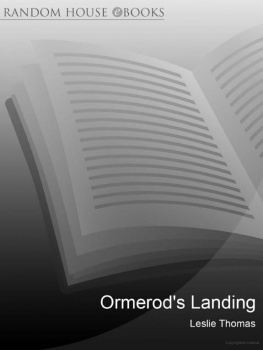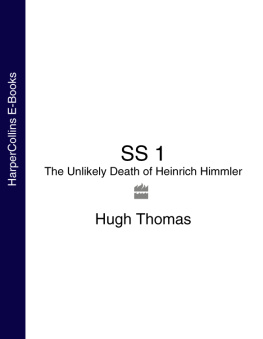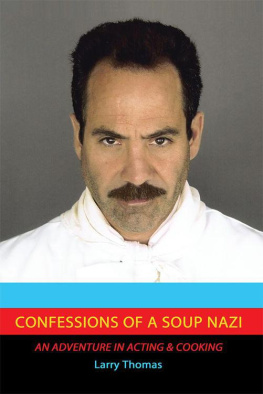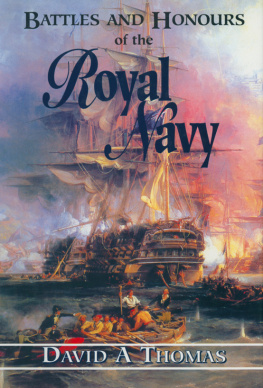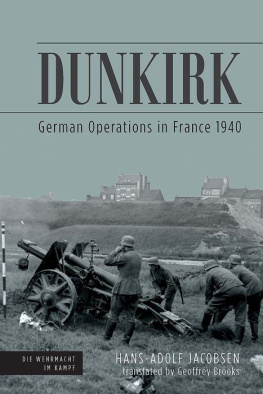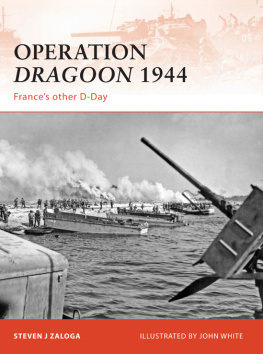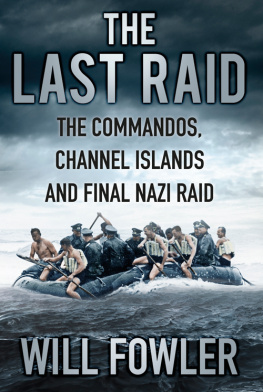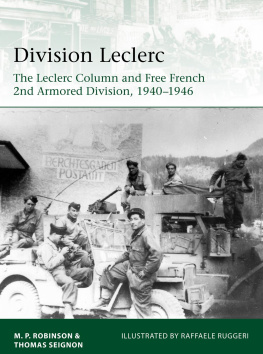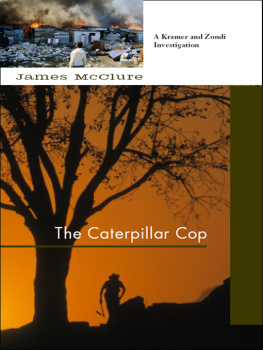Ormerods Landing
by Leslie Thomas
Dedicated to his son Mark
Scanned by Bill
author's note
The occupation of secret agent is bizarre and sometimes frankly comic. Professor M. R. D. Foot in his official history of the British Special Operations Executive in wartime France describes an 'atmosphere of adventure and daring often with a touch of light opera thrown in'.
He records that the initial raid attempt on occupied Europe after Dunkirk resulted in the three British participants having to row home. (It took thirteen hours.) Churchill called it a 'foolish fiasco'.
Plans to drop the first parachutist agent into France were marred by his last-moment refusal to jump. A later raider dropped on the roof of a police station. A third, a Frenchman, jumped and then quietly went home to his wife for the remainder of the war. Another parachutist hung in a tree all through a dark night, to discover at dawn that his feet were inches from the ground. Peter Churchill was horrified to have ebullient and noisy Frenchmen, like football supporters, taking him to a rendezvous at a secret air strip.
Agents, not infrequently, spoke imperfect French, or none at all. One, questioned by the Gestapo on a train, and unable to speak French, pretended to be a dolt and got away with it. Another, who did speak the language, blithely told the Germans he was a British Officer carrying a radio transmitter. They laughed and let him go.
One operative, wearing an English overcoat and smoking a pipe, met his secret contact in public with the words 'How are you mate?' A resistance leader 'hiding' among a group of plain-clothes Gestapo men in a bar was loudly sought out by some downed RAF men - in uniform - and seeking asylum.
The French also had their oddities. Before 1940 they entrusted at least part of their espionage plans to two men - one nearly blind and the other stone deaf. During the German Occupation they used a submarine to land agents, a vessel impotent in normal operations - a fault in its tubes sent its torpedoes in circles!
In the realm of the outlandish, then, George Ormerod, whose tale is told here, was not alone ...
'It is not Policy to use a good intelligence agent for a dangerous mission involving sabotage. He is more valuable lying low, making contacts and gathering information. Others, more readily replaced, should be used for violent or dubious projects ...' Intelligence Directive August 1940
one
The little-known island of Chausey lies between Jersey and the Normandy coast. Two kilometres in length and seven hundred metres at its widest, it has a population of about fifty. It is cast about with islets and many rocks. Of all the Channel Islands group, it alone is part of France.
At dawn on September 20th, 1940, at the ebb of the highest tide of the year (a prodigious rise and fall of forty-one feet) a nervous London police officer and a young French schoolmistress, who was also a trained killer, landed on the island. It was the first Anglo-French raid on Occupied Europe follow ing Dunkirk and the collapse of France.
Two nights later the infiltrators - Detective-Sergeant George Ormerod, aged thirty-five, of 'V Division Metropolitan Police, and Madame Marie-Thrse Velin, aged twenty-six, from the village of St Luc-au-Perche in Lower Normandy - were put ashore, by the Germans themselves, at Granville on the main land. By then they were accompanied by a thin, ugly mongrel called Formidable.
Their adventure has never been told before, not because it has been concealed by the Official Secrets Act, or any other such bureaucratic device, as so many have, but merely because the two people most concerned had never felt the need to talk about it. In addition, as with other early escapades of its nature, the documentation is missing from the files, a fact which gives rise to the suspicion that the operation was tacitly 'disowned'.
I first heard the strange story of the Dove and the Dodo, as they were called, from Madame Velin herself, twenty-three years after it took place. She was then living on the French Pacific Island of New Caledonia, about twenty miles from Noumea, its capital.
I was en route to London after a newspaper assignment, covering the visit of Her Majesty the Queen and Prince Philip to Australia. New Caledonia is a little over two hours flying from Sydney and I had gone there for a few days holiday.
It was at a dinner party on my second evening that I first heard the name of Marie-Thrse Velin. My host, a young doctor doing his National Service in the colony, was treating her for a tropical ailment which caused temporary spasms of blindness.
He mentioned that she had been a member of the wartime resistance in France and had settled in New Caledonia as a school teacher in the early nineteen-fifties. It was suggested that I might like to accompany him on a visit to her the following day, as she spoke good English but had little oppor tunity of doing so on the island.
I agreed and in the late afternoon, when the day had cooled off a little, we went out from the town and into the copra country beyond, the road running straight between miles of coconut plantations, until we eventually came to a sedate cottage overlooking a shell beach. On the veranda, looking out over the sea, was Marie-Thrse Velin whose name was to remain with me for a long time after that day.
When I first saw her that afternoon in 1963 she appeared much older than she was. The illness which was then in its second month had drained her face and her blindness had returned to remain for two further days. She looked quite small sitting there in her bamboo chair and her hands, laid on her lap, were veined and delicate. She held them up at one point to make some comment in the conversation and I noticed that it was possible to see the light around the edges of her fingers and thumbs. I did not know then that she had once been described, by allies and enemies, as a dangerous woman.
She was obviously pleased in a quiet way that I had come to see her because she enjoyed conversing in her good but painstaking English. We remained for a couple of hours, trying to tie up fragments of her memories of England to the places that I knew. At one point I mentioned the Channel Islands and for a moment her face lightened to a smile. 'Have you ever been to the Channel Island of Chausey?' she asked eagerly. 'It is the only one of the islands that is still French. The English have taken the rest long ago.'
Not only had I not been to Chausey, I had never heard of it. The smile remained with her. 'Not many people know,' she
said in a playful whisper. 'We Normans keep it a secret. Go there one day. It is delightful. I went there once.'
If I imagined that this might be the opening of some reminiscence I was mistaken, at least for that day. But three days later, with my doctor friend, I once again drove to the bamboo house by the sea and there she was still, sitting, staring out to the horizon she could no longer see. Her eyes were a good deal improved that day, however, and we had a very cheerful afternoon during which we ceremoniously drank Chinese tea and ate colonial French patisserie. After talking for a while she rose and said: 'I will show you something I have hidden, like a secret. I do not show it to many people in New Caledonia. In some way it does not belong here in the Pacific'
With that she went gracefully into the cool house and returned with a small leather case which she opened to reveal a medal. On the face of it was the two-barred cross of Lorraine. It was, she said proudly, La Medaille de la Resistance, awarded only to members of the French underground movement.
Naturally I asked her questions about her part in the move ment, but she politely declined to enlarge on it, merely showing how pleased she was that I had enjoyed seeing the medal. However, I was conscious that she wanted to tell me some thing, something connected with England and with the medal, and I was right. On my third visit to her house, the day before I was due to fly from Noumea, she quite abruptly began to tell me the story.
Next page
